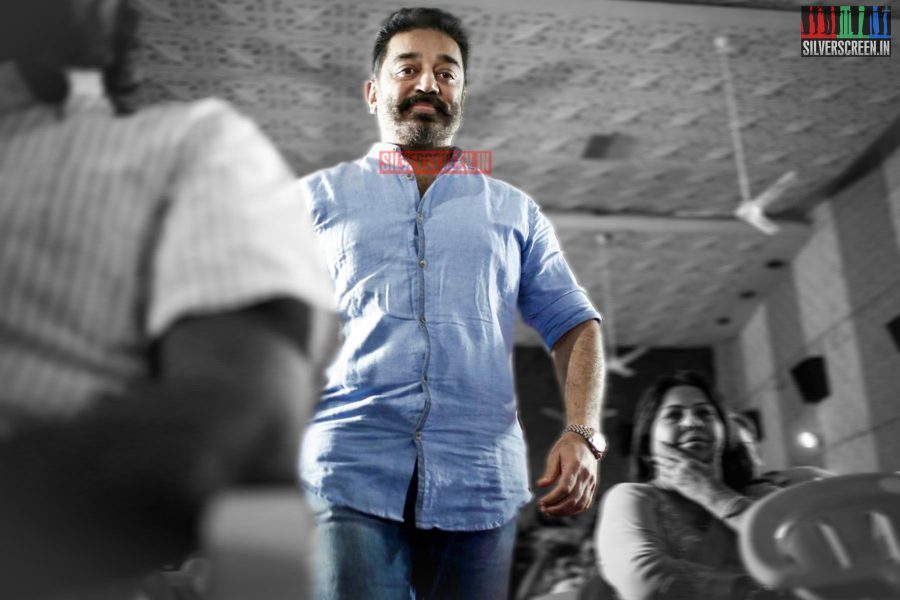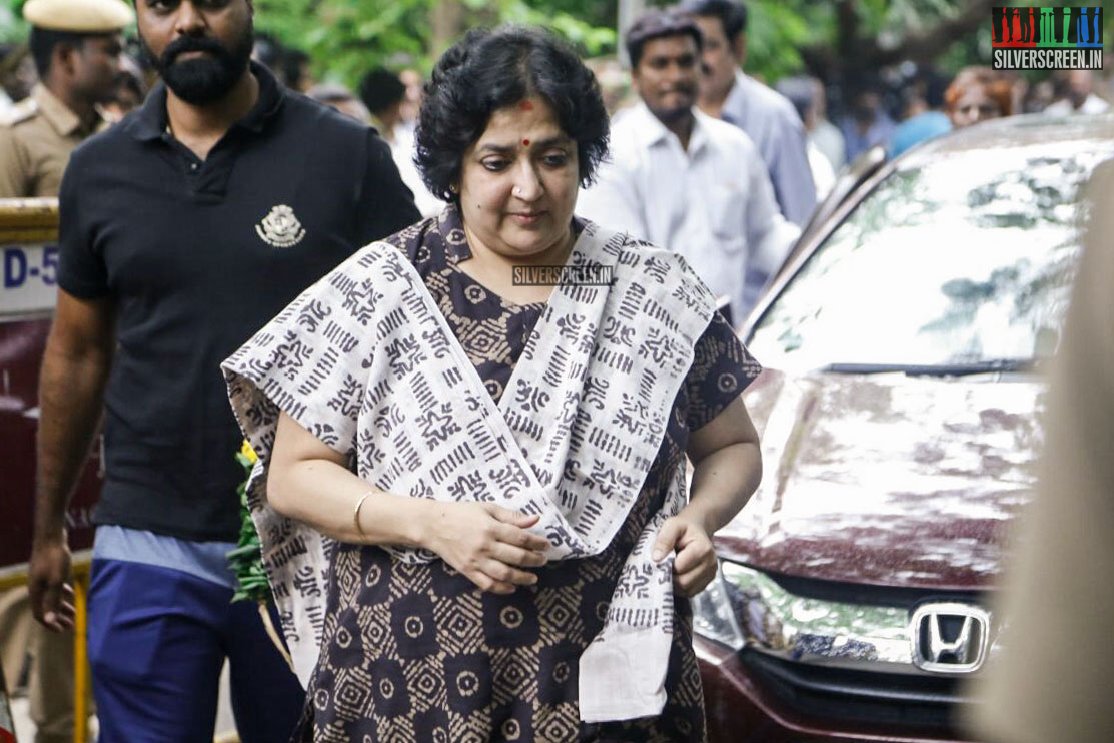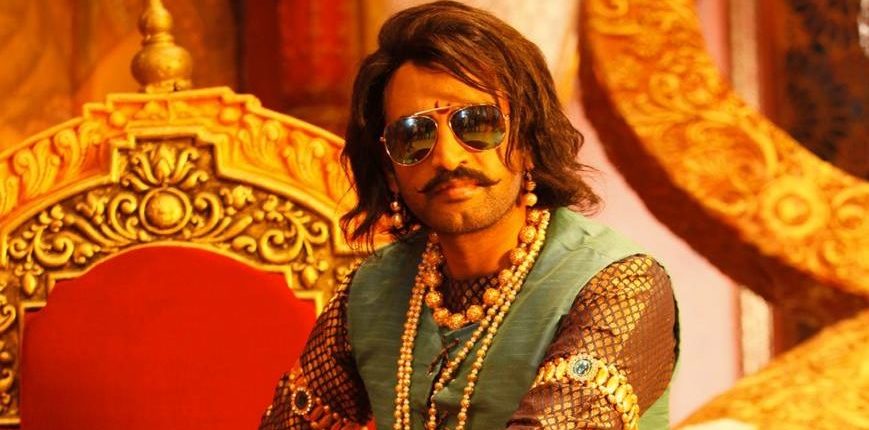Kamal Haasan is known for a lot of things. Incomprehensible tweets. Outspoken comments against religion.
What he isn’t known for, though, is being a Muslim.
So it was a tiny bit confusing at first; and shortly after, hilarious, when the Financial Express, in a column written by Manika Gupta, accused Kamal Haasan of taking an anti-Hindu stance while “forgetting that his own religion has instances of worst condition for women.”
She was responding to Haasan’s comment that India respects the Mahabharata where a woman is gambled away, is treated as an object.
Such a gaffe would, of course, be soon corrected, and indeed, Scroll reports that the Financial Express changed the online version of the story soon and apologised. However, Twitter had many a screenshot of the truant paragraph.
@NameFieldmt ‘His own religion’? They thought he is a Muslim ah pic.twitter.com/x1s7h9WRbA
— SG (@shrinivassg) March 27, 2017
It’s all pretty funny. Or ought to be.
Bengaluru: Pranavananda Swami from Basaveshwara Mutt files police complaint against Kamal Hassan for his remarks on Mahabharata pic.twitter.com/MaiWOKIwIj
— ANI (@ANI_news) March 26, 2017
However, there is a distinct lack of humour in how easily people – especially those who believe themselves to be the guardians of Indian culture – take offense.
And (Hindu) God forbid if it’s a Muslim who criticises anything “Indian”. Like the Mahabharata. Even if it is being used as some kind of scientific, “time-tested” (as Gupta writes) text. In 2014, the year Narendra Modi became India’s Prime Minister, Reuters reported:
“Modi is the first prime minister to publicly back the view that holy texts show many discoveries of modern science were made by ancient Indians. He told an audience of doctors last month that the Hindu god Ganesh’s head was evidence of ancient plastic surgery. A warrior the Mahabharata describes as born outside his mother’s womb was a test-tube baby, Modi said.”
***
In fact, the real question is: So what if Kamal Haasan had been a Muslim? In an age when Hindu texts are being promoted as Indian texts, when the Prime Minister of India publicly glorifies Hindu rituals, is it okay for Indian Muslims to comment on these Hindu-Indian texts?
Or their Prime Minister?
If Christian or Islamic texts were being promoted as Indian texts, would Hindus have the right to comment on them?
Or would they be told to mind their own business and stick to their own religion?
***
To defend the Mahabharata‘s progressiveness, Manika Gupta could have directed Kamal Haasan to writer Devdutt Pattanaik, who asks on his website,
“Why are plots [in the Hindu epics] that reinforce patriarchy given more attention than tales of grace and forgiveness (liberating Ahalya) and tales of commitment (refusal to remarry)?”
Further:
“We do not tell the Upanishadic story of a boy who goes to Gautama for education and is asked “Who is your father?” to which the boy replies, “My mother told me to tell you that she is a servant and has served many men in every way. So she does not know who my father is. Please accept me as Jabali, whose mother is Jabala.” For this honest answer, the boy is named Satyakama, lover of truth, and made a student.
“We do not tell the Mahabharata story of Shvetaketu who is horrified to find his mother with another man. When he complains to his father, Uddalaka, the father says, “A woman is free to do as she pleases.” When the son questions his paternity, Uddalaka says, ‘It is not my seed that makes you my child, it is my love.'”
***
Instead, Gupta dismissed Haasan’s criticism because (1) the “context of the time was such”; (2) Hindus respect Draupadi anyway; and (3) being a Muslim, he doesn’t get to say anything because “triple talaq and issues like that”.
Since Muslims (or anyone who might be one) who criticise anything “Indian” are silenced on the grounds that Islam is so much worse (or better still, told to go to Pakistan and see how they like it there), it’s worth revisiting that argument.
***
While all major religions are patriarchal, Islam was the only religion where women could own some property (through mehr), legal scholar Flavia Agnes argues. Further, while Muslim marriages in India are civil contracts, discriminatory Hindu cultural practices continue to govern Hindu marriages. She writes,
“[A 2016] judgement of the Supreme Court held that a [Hindu] wife’s refusal to live within a joint family, and her demand for a separate residence, amounts to cruelty to the husband. Such a verdict….could only have been delivered in a case governed by Hindu law …. Despite acute domestic violence, [Hindu] girls are sent back to their homes even when there is a risk of them being killed or driven to suicide.”
Supreme Court justice Anil R Dave wrote in the judgement cited above, “A wife is expected to be with the family of the husband after the marriage.” Because, as the judge wrote, a “Hindu son” has a “pious obligation” to his parents.
***
Recommended
So, while no one doubts the sexism of several Islamic clerics, no one also doubts the sexism of these upholders of Hinduism, be they khap panchayats or Supreme Court judges.
Manika Gupta wanted an Indian Muslim to “focus on triple talaq and issues like that”; in other words, to focus on the sexist issues in his own religion.
Turns out, Kamal Haasan was doing exactly that.
***
What’s sad is that this culture of offence cannot distinguish legitimate speech from hate speech. For many, it’s “abuse of the freedom of speech” to question anything that one dominant faction of Hindus “respect” (that is, will hear no criticism of).
Already, the government is looking to introduce a bill that apparently regulates hate speech and freedom of expression:
The Law Commission has recommended that an already vague law on Hate Speech needs to be made even more stringent. 1/https://t.co/9yErY5qu5J pic.twitter.com/KQXjhRMPdD
— Meghnad (@Memeghnad) March 26, 2017
Comedians, start packing your bags. Shit is about to get real. Two years in prison and Rs 5000 fine if you offend anyone with your jokes. 3/ pic.twitter.com/qA3Uyz4AdW
— Meghnad (@Memeghnad) March 26, 2017
Cinema, and any of the arts including music, dance, and throwing paint brushes on a wall, make it a point of riffing off the establishment. A culture that cannot criticise those in power is a culture of oppression, about to jail or kill its own citizens for having an opinion not authorised by the majority.
And that, is no laughing matter.
*****



